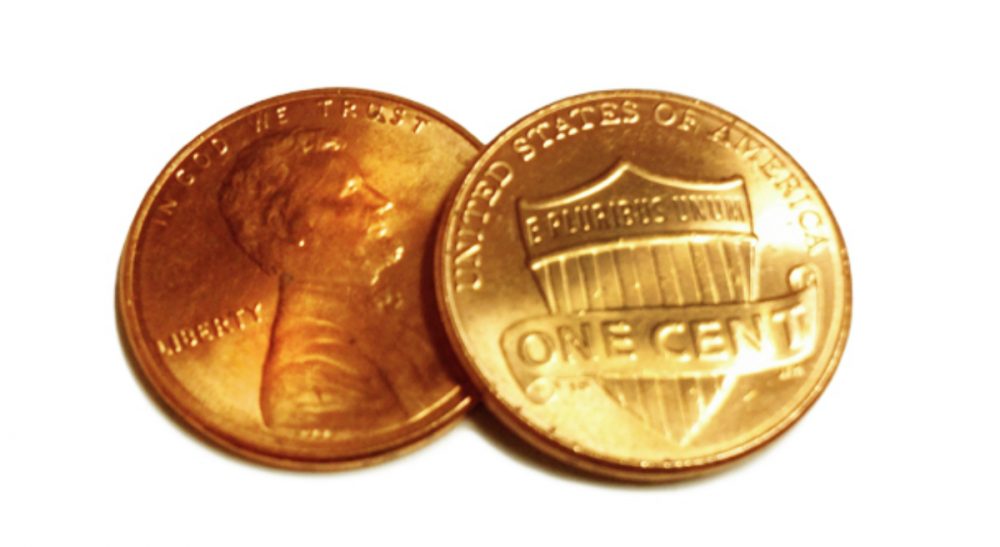Advertisement
Who Am I To Say? The Value Of Two Cents When Everyone's Offering Theirs

Homer Simpson said it best: “When will people learn? Democracy doesn’t work.” In that particular episode of "The Simpsons," our favorite cartoon Everyman had a beef with the outcome of an election, but his observation could very well apply to the Internet. The Web, we are told, has democratized many things and leveled the playing field for Average Joes everywhere. It has given voice to the voiceless and a platform to the once overlooked.
It has also turned us into a nation of judges and critics. Consumers no longer read a book, watch a movie or pay for an experience without being asked to rate it and render judgment. The Information Superhighway is jammed with reviews — good, bad and indifferent — and those reviews mean influence. High-tech word of mouth has, in recent years, played an increasing role in helping consumers decide where and how to spend their money.
This is good, right?
...the Internet is the Wild West of opining, a free-for-all where the vast numbers of opinion-slingers can drown out experts whose opinions are better informed.
A quick story: A wise old professor once asked, “Are all opinions equal?” I thought so. If you would respond yes, too, that’s probably because you were likewise raised in a society that stresses equality as a virtue. I was ready to fight like Patrick “Give me liberty or give me death” Henry for my affirmative answer. Until the professor explained that the right for all to have an opinion should not be confused with said opinions being equal. Some people may be knowledgeable about the topic at hand, while others are totally in the dark. I mean, who are you going to believe about the theoretical rotation of quarks: me, or Stephen Hawking? (Do quarks even rotate? I have no clue.)
Meanwhile, the Internet is the Wild West of opining, a free-for-all where the vast numbers of opinion-slingers can drown out experts whose opinions are better informed. It’s no longer a top-down system of critiquing performed by those in the know. Get a hotspot and a keyboard, and your virtual opinion is as good as anyone’s. If this subjectivity doesn’t render most online opinions meaningless, it should at least give us pause. After all, one reviewer’s overly chatty waiter is another’s friendly and attentive one.
I worry that the real achievement of the Internet’s virtual megaphone is a nuance-free, thumbs-up/thumbs-down world, a virtual clearinghouse of reviews on everything and everyone, from your dining experience to your book purchase, your handyman to your foot doctor. Almost anyone doing business these days finds themselves subjected to the tyranny of the review-minded consumer.
...it’s good to keep in mind that while we are all created equal, all opinions are not.
What's more, all this rating and reviewing creates a feedback loop of criticism: In addition to the burden of having to wield an opinion, the consumer is also subject to the pressure of being rated. The eBay seller who sold you shoelaces or the Uber driver you only gave three stars to gets to have his say, too.
And here’s a little something I’ve learned over the years: The customer is not always right. Or, as James Madison, America’s fourth president and co-author of the Federalist Papers, put it: “The truth is that all men having power ought to be mistrusted.”
Not to mention that online reviews are being monetized. When consumers rave, they are donating free promotional copy to manufacturers and companies that feature their reviews on their websites. And don’t be fooled: There’s gold in them stars. A recent survey indicated that two-thirds of consumers read reviews. Ninety percent of those folks say they’re swayed by positive assessments. Another study shows that even negative reviews, if written politely, can help sales, too.
There’s a reason we in the U.S. have a representative form of democracy and not the free-for-all version found online. On Election Day, we the people don’t decide most things directly. If we did, America would be a tax-free version of Sodom with an open bar and all-you-can-eat buffet. (OK, I admit I’d vote for that.) But the Founders feared that direct democracy would result in mob rule and decision making based on momentary passions. So we have Congress as an intermediary. While it’s impossible to implement such a representative system on the Web, it’s good to keep in mind that while we are all created equal, all opinions are not.
Then again, who am I to say?
Related:
- On Point, Feburary 9, 2012: The Peril And The Promise Of Online Reviews
- September 12, 2012: Five Ways To Spot A Fake Online Review, Restaurant Or Otherwise
